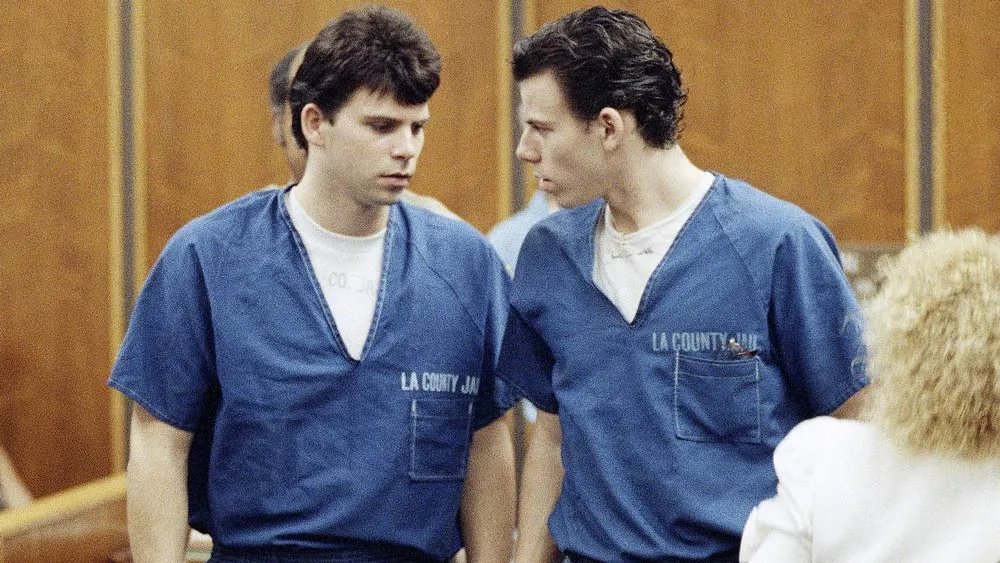March 7, 2013
L.A.'s New "SPIN" on Combating LGBT Bullying and Suicide
Les Spindle READ TIME: 5 MIN.
On July 1, 2012, California schools were instructed to have implemented the state's anti-bullying legislation. After little progress, recent developments in Southern California now bode well for protecting LGBT students from harassment, bullying and associated high suicide rates. The Los Angeles Gay and Lesbian Center and the Los Angeles Unified School District (LAUSD) recently unveiled the promising news of a new partnership between the groups to launch Project SPIN (Suicide Prevention Intervention Now), a program to address these worsening problems, while enlisting community outreach support.
"The Center had included suicide prevention among its many efforts to support GLBT citizens," said Project Spin Coordinator Sara Train. "This includes our youth center and homeless program, as well as our medical clinic and mental health clinic, and youth mentoring. All of these programs encompassed some suicide prevention work. But we had not created a specific department for it."
According to Train, who has a long history of work with both organizations, in fall 2010, there was national attention focused on several suicide completions reported in the news. A lot of nonprofit organizations were thinking about how that impacted their work, and how they could continue to support youth.
In early 2011, Los Angeles Gay & Lesbian Center CEO Lorri Jean and Alan Acosta, director of Strategic Initiatives for the Center, requested a meeting with Monica Garcia, LAUSD's Board of Education President. Acosta and Jean had reached out to Garcia to discuss ways to deal with the growing crisis. Garcia wholeheartedly embraced the suggestions.
"This school district has a long history of helping these youths. But we knew even more could be done," Jean told the LA Times. So the discussions of a partnership ensued, perhaps further fueled by the state's passage of AB9 (Seth's Law), which was enacted in October 2011, and which reportedly received a slow compliance among school districts (as reported in EDGE).
Said Train, "At the time, Alan and Lorri didn't know what a partnership would look like, but expressed their intentions of better supporting the second largest school district. Ms. Garcia was well versed in some of the specifics that affected LGBT youths in schools, but also felt this something she wanted to support in a broader conversation. She said what was really being discussed was a change of culture -- not just the prevention of suicide -- so that all youths felt safe and knew who they could talk to."
Plans quickly progressed from there. Garcia brought together some of the school district's departments that were individually doing laudable work beneficial to these concerns.
"L.A. Unified has done a lot of really progressive work around supporting LGBT youth physically and their mental health department is a model for the country," said Train.
LA Center Recruits Network of 20 Agencies to Protect Youth
While Garcia marshaled her forces, the Gay & Lesbian Center turned to its contacts and resources within L.A. County, in LGBT issues and mental health concerns. The results presently include a network of more than 20 agencies brought in by the Center, and six departments within LAUSD.
"It's not that nothing was happening, or that there was an egregious lack of support. But there was an understanding that if we worked together, in a coordinated fashion, we could really do more," said Train.
In May 2011, a formative summit among the participating organizations brought together educators, family members, youths, principals and administrators.
"We included anybody and everybody who wanted to talk about suicide prevention, and specifically how it related to LGBT youth," added Train. "There were more than 200 attendees." The summit included discussions of available resources, what was being done at present to deal with concerns, where gaps in support might exist and where resources could be strengthened.
Train said that the goal of Project SPIN was less about recreating things that were already out there and more about coordinating efforts. She said that she works every day with the schools to make sure they get the support they need. She suggests that people consult some of the other organizations that are doing work.
"That happens on an ongoing basis, both with bullying and suicide prevention specifically," said Trian. SPIN also steadfastly supports educational endeavors at all levels in combating bullying and suicide, for teachers and school administrators, parents, students, and members of the community at large.
Can LA’s Efforts Provide A Model For Other School Districts?
The success of Project SPIN has organizers wondering if their program can be used as a pilot program for school districts across the country.
"As far as we know," said Train, "SPIN's model, which both uses community engagement and the school district, is the first time this many people and this combination of people have come together to really address these problems. I believe we are creating a model that we hope to share with other school districts and become a story of success in really creating a systemic change."
She said the success lay in a combination of having the initial conversation with people, and then moving forward the strong policies that LAUSD had put in place. Train admitted that her crew constantly challenged themselves to think of more policies to better support the students, and the most impactful ways to put those policies into practice.
Judy Chiasson, program coordinator in Human Relations, Diversity and Equality, for LAUSD wholeheartedly endorses the efforts of Project SPIN. She was also encouraged by "The Kids Are NOT Alright," a symposium she recently attended in Ft. Lauderdale.
"It was a think tank of school districts around the country that were discussing LGBT issues," said Chiasson. "I was in a room with Massachusetts, San Francisco, Seattle and Denver, and there are a lot of different school districts among them doing great work. It was wonderful."
Still, according to Train, there is a lot more education that has to happen in the nation.
"I think that our country has had a shift in understanding why suicide prevention is something that we should all be engaged in and that is important to all of us," said Train. "We must understand this isn't only about LGBT rights, though that's a huge part of it, but it's so families understand that their support, their acceptance, their own processes have a huge impact on our youths."
For more information, visit the SPIN website at www.projectspin.org or email Train at [email protected]







